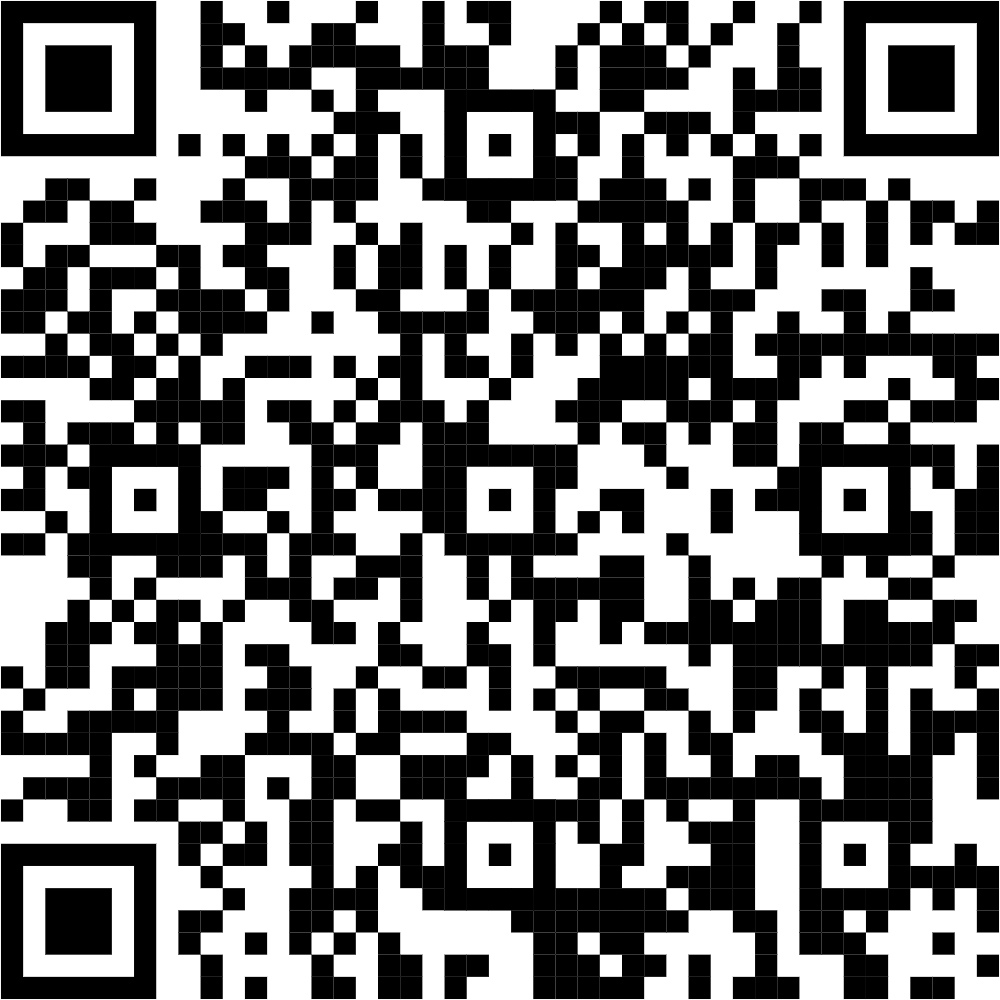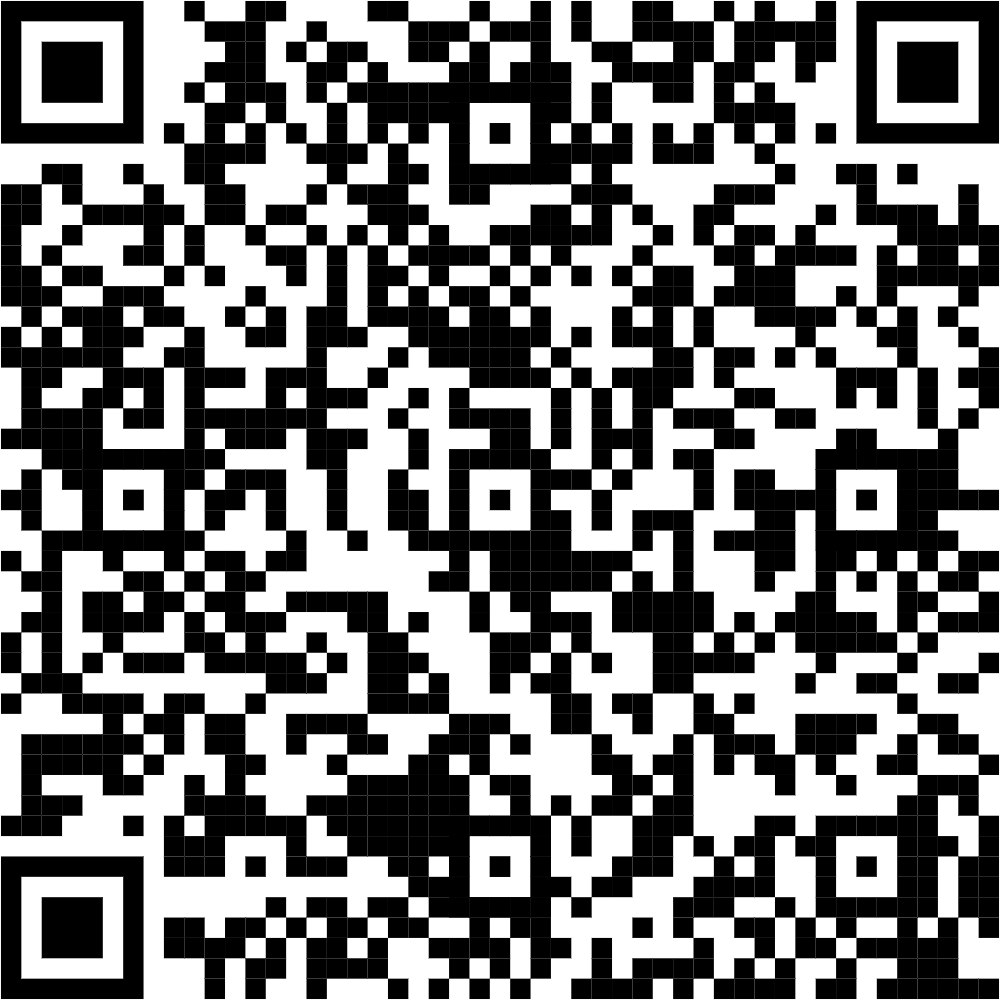Overview
The IELTS Reading module assesses candidate’s ability to read and understand written English.
The Academic version focuses on complex texts like articles and reports used in university settings.
The General Training version tests your understanding of everyday materials such as notices, instructions, and workplace documents.
Overall, it measures how well a candidate can interpret and use information from different types of texts.
✅ Applies to:
- Both Academic and General Training versions
- Format is similar, but the text types and difficulty levels differ
🕒 Duration:
- Total: 60 minutes (no extra time to transfer answers)
- You must write all answers directly on the answer sheet (paper-based) or on screen (computer-based)
🧩 Format:
- 3 sections –
Academic : All 3 sections have one long passage each
General Training : Section 1 : 2–3 short everyday texts
**Section 2**: 2 work-related texts
**Section 3**: 1 long general interest text
- 40 questions in total (around 12–14 per section)
- Questions increase in difficulty across sections
- Total Word Count of Texts: Approximately 2,150 to 2,750 words
💻 Test on Computer :
- Total : 60 mins (answers typed on screen).
- You read the passages and questions on the same computer screen
- The texts are in the left corner of the screen, while the questions are on the right.
- You click, drag, or type your answers directly into the answer boxes
- There is no extra time – all answers must be completed within 60 minutes
- Be sure to read the entire text and answer all the questions by swiping the screen.
- If you wish, you can select the part of the text and click right on it to highlight it with a different colour and take notes on the screen.
- You can start from anywhere, like the IELTS on paper, change your answer or leave it blank.

📚 Text Differences: Academic vs General
📘 IELTS Academic:
- Texts are from books, journals, newspapers, or academic articles
- Topics are formal, factual, and analytical
- Complex vocabulary, sometimes with diagrams or graphs
- Suitable for university or professional environments
Example topics: renewable energy research, history of medicine, psychology studies
📗 IELTS General Training:
- Section 1: Short everyday texts (e.g. advertisements, notices)
- Section 2: Work-related texts (e.g. company manuals, job descriptions)
- Section 3: One longer text of general interest (simpler than Academic)
- More practical language and accessible topics
Example topics: workplace policies, public service info, travel tips
📊 Scoring:
- One mark per correct answer
- No negative marking
- Raw score (out of 40) converted into IELTS Band Score (e.g., 30 = Band 7)
- Academic and General are scored the same way, but General may require more correct answers for the same band (due to simpler texts)
✍️ Question Types (Same for Both)
- True/False/Not Given (Academic) or Yes/No/Not Given (General)
- Matching headings, information, or features
- Sentence, summary, table or note completion
- Diagram or flowchart labeling
- Short-answer questions
🎯 Skills Assessed:
- Reading for gist (overall meaning)
- Reading for specific information (dates, names, numbers)
- Skimming and scanning
- Understanding logical argument or tone
- Recognizing opinions and claims
- Identifying purpose, structure, and organization



